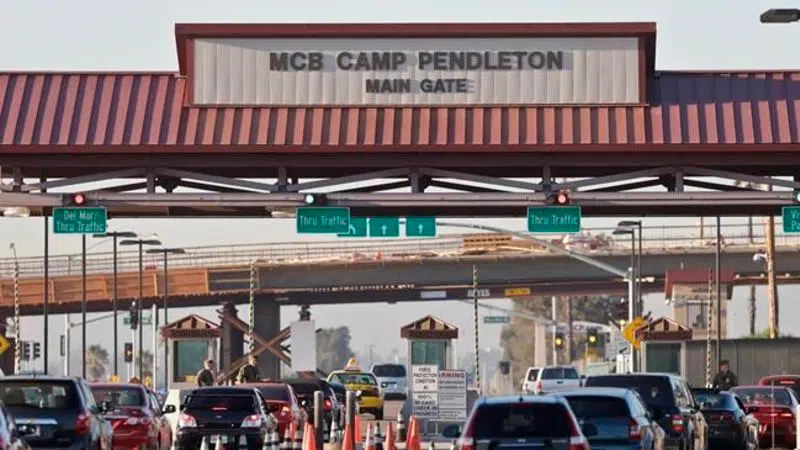
Smugglers offer cash to troops, others to drive migrants
SAN DIEGO — On the surface, it seemed like a simple task: Drive to a spot a few miles north of the U.S.-Mexico border, pick up people and then drop them off at a McDonald’s or other spot past the city of San Diego, and make anywhere from $500 to $1,000. No need to cross into Mexico.
Two Marines whose arrests earlier this month for migrant smuggling led to the stunning arrests of fellow Marines at Camp Pendleton described in federal court documents such an offer being made to them. The Naval Criminal Investigative Service on Friday said a total of 19 service members have been arrested at the base, including 18 Marines and one sailor, a Navy corpsman, who all serve in the same unit.
The military personnel are accused of various crimes from migrant smuggling to drug-related offences, but officials have not said exactly how they were involved.
U.S. Border Patrol officials say smuggling rings have been luring U.S. troops, police officers, Border Patrol agents and others to work for them as drivers — a crucial component of moving migrants further into the United States once smugglers get them over the border from Mexico.

